By Kevin Seabrooke
More than 80 years after they conducted visual, sonic and radio deception against German forces during World War II, soldiers who served in the so-called “Ghost Army” received the Congressional Gold Medal on Thursday, March 20, 2024.
Three of the seven surviving members of the 23rd Headquarters Special Troops–Bernard Bluestein, 100; John Christman, 99; and Seymour Nussenbaum, 100–as well as family of late members, joined House Speaker Mike Johnson, Senate Minority Leader Mitch McConnell, and other Congressional leaders at a special ceremony on March 21, 2024, at the Capitol to honor the Ghost Army with the Congressional Gold Medal.
The role of deception in successful military operations is often overlooked in the annals of World War II, even though the largest of all–the Normandy invasion–depended heavily on the contributions of Operations Bodyguard and Fortitude, and the Ghost Army, in securing victory over the Nazis.
For Operation Neptune/Overlord, the Allies had amassed a formidable force, ready to participate in the D-Day invasion of northern France on June 6, 1944. Yet, arguably, no unit made a greater contribution to the Allied success at Normandy than an army that didn’t exist.
The First U.S. Army Group, or FUSAG, was a fictitious entity created by the Supreme Headquarters Allied Expeditionary Force, or SHAEF. The idea was to deceive the Germans into thinking that the invading force would come across the English Channel between Dover and Calais instead of at Normandy.
To make this elaborate hoax even more believable, one of the U.S. Army’s best-known generals—George S. Patton, Jr.—was put in command of it. But, since FUSAG didn’t really exist, Patton himself was merely a decoy.
This deception was part of Operation Bodyguard, with sub-operations known as Fortitude and Quicksilver. German spies in Britain had been arrested, neutralized, and “turned”—threatened with death if they didn’t cooperate with the Allies.
By loading these double agents with false information that they then sent on to Germany, by June 1, 1944, the German high command was convinced that the Allies had 89 divisions in Britain, just waiting to invade, when the real number was half that.
Operation Fortitude provided the deceptions and decoys to misdirect the Germans’ attention. And, through intercepts of German communications, it was discovered that the Germans were indeed putting the bulk of their heaviest defenses and troops in the Calais region.
In late 1943, the U.S. Army had started its own deception unit, called the 23rd Headquarters Special Troops (later known as the “Ghost Army”). Commanded by Colonel Harry L. Reeder, the 23rd boasted an interesting collection of men with varying backgrounds and skills.
The Ghost Army was instrumental in helping defeat the Axis powers. The unit’s proficient use of innovative tactics during World War II saved lives and made significant contributions to the defeat of the Axis powers.
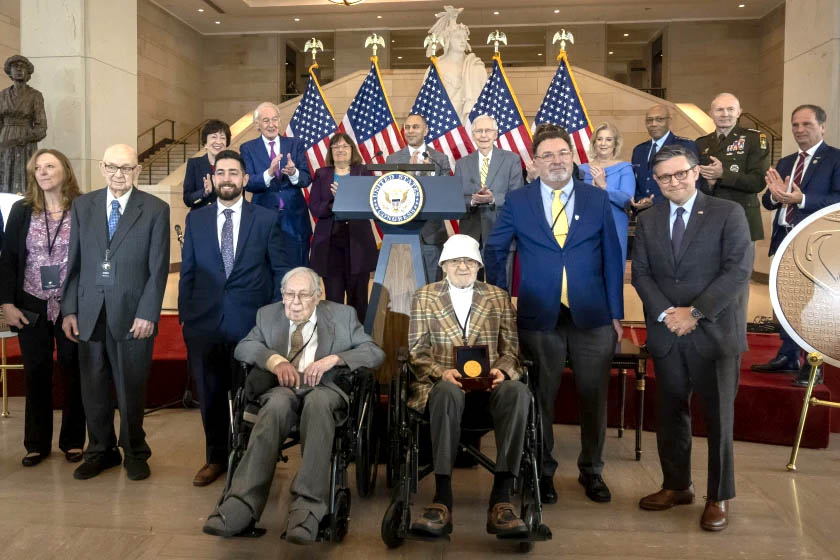
According to the National World War II Museum, more than 1,000 served in the Ghost Army, simulating two units totaling 30,000 troops.
While the combat forces deserve the lion’s share of credit for victory in Europe, the wide panoply of other, less well-known personnel and organizations, such as the 23rd, along with the technicians at Shepperton Studios (the manufacturers of inflatable vehicles), the double agents, and the codebreakers at Bletchley Park all deserve a large share of the credit. Without a well-executed deception plan, the war might not have been won.
After the Ghost Army operations were declassified in 1996, veteran’s groups and others, led by the nonprofit Ghost Army Legacy Project (founded in 2016), pushed for the group’s official recognition.
President Joe Biden signed the “Ghost Army Congressional Gold Medal Act” on Feb. 1, 2022, “in recognition of their unique and highly distinguished service.” The Congressional Gold Medal is the “highest expression of national appreciation,” and it is given “for distinguished achievements and contributions by individuals or institutions,” according to a Senate website.
For more information about the Ghost Army and its role in the Invasion of Normandy, please see: https://warfarehistorynetwork.com/article/deception-in-wwii/
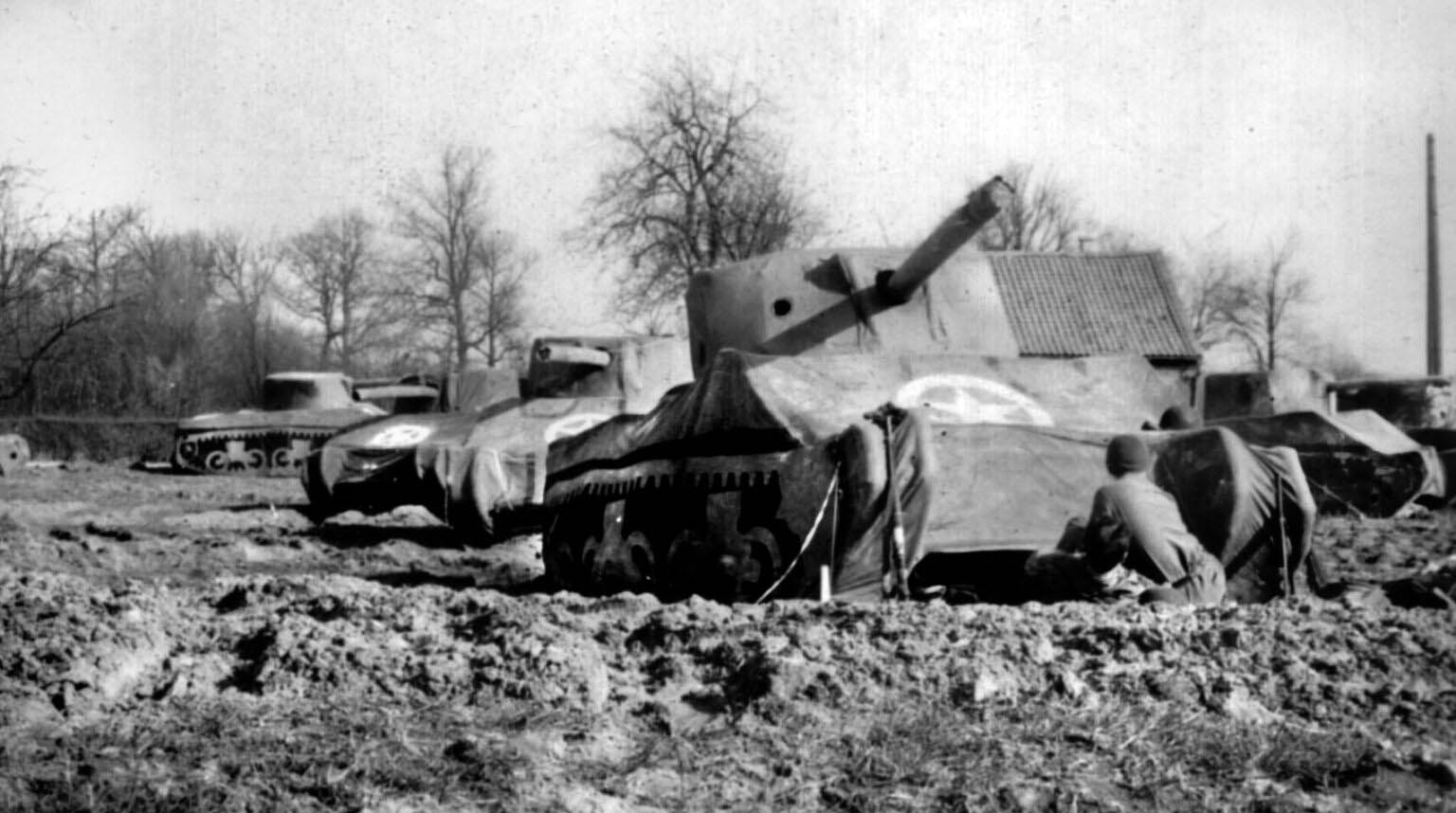
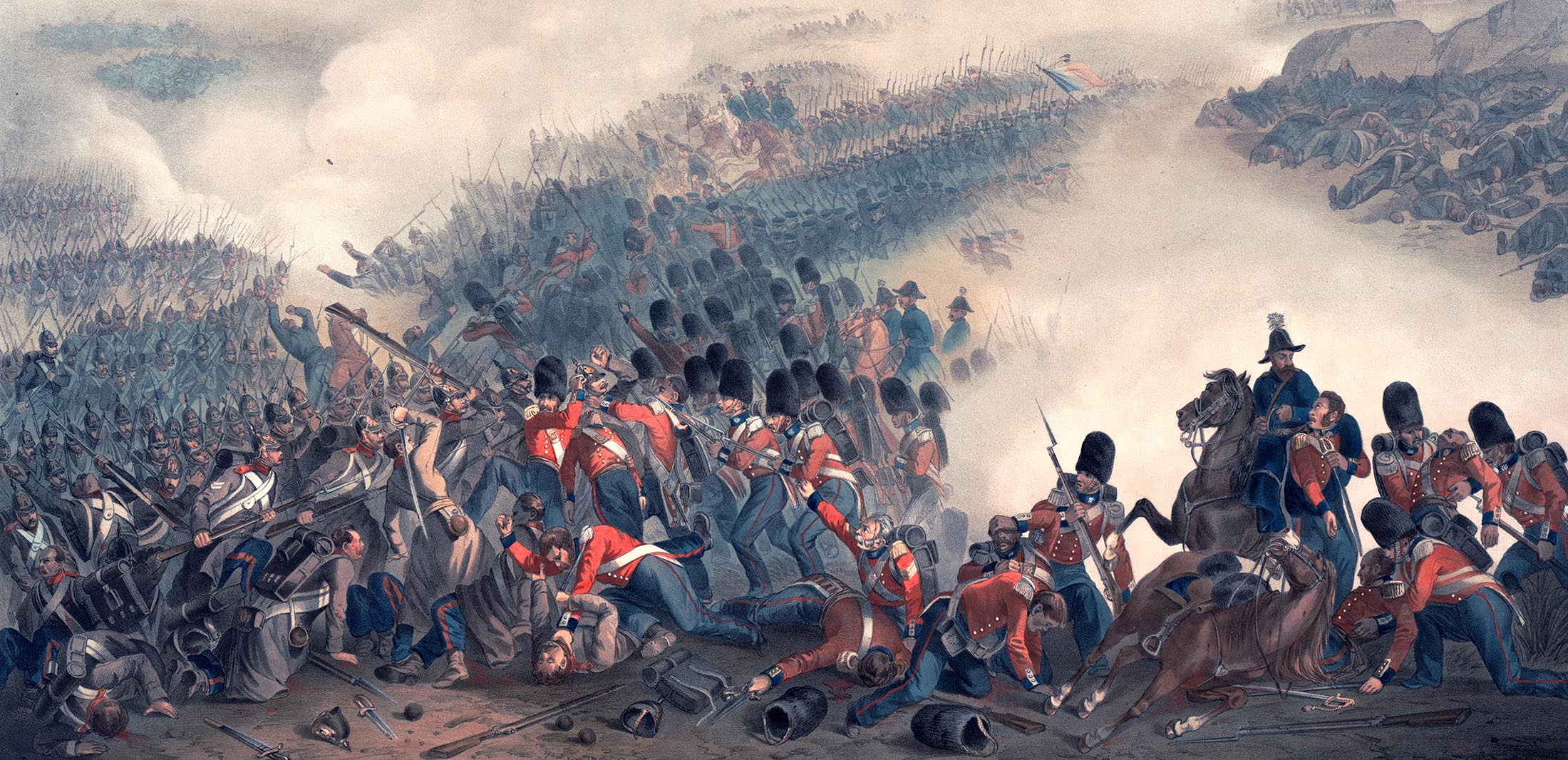
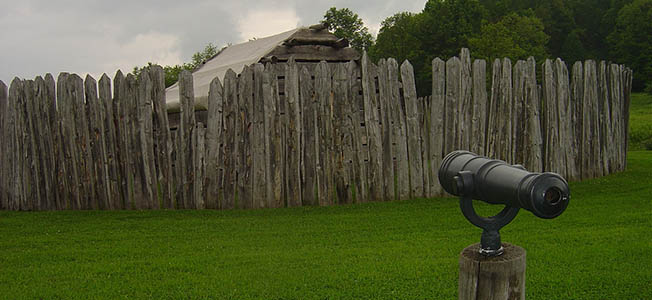
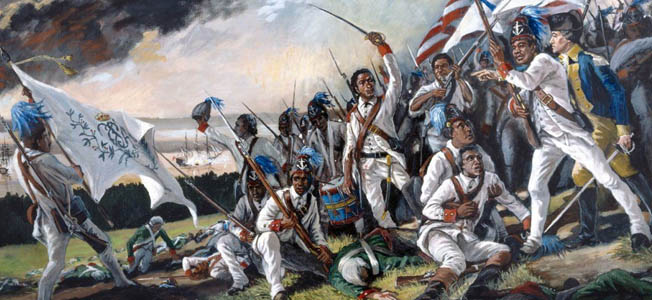
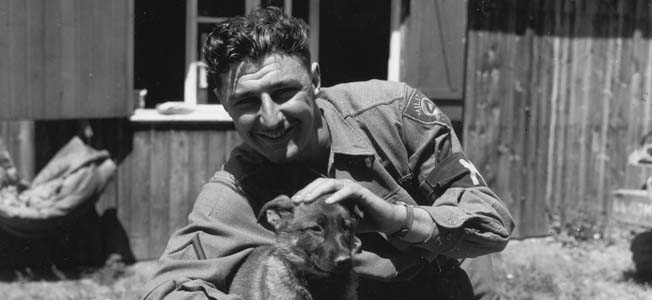
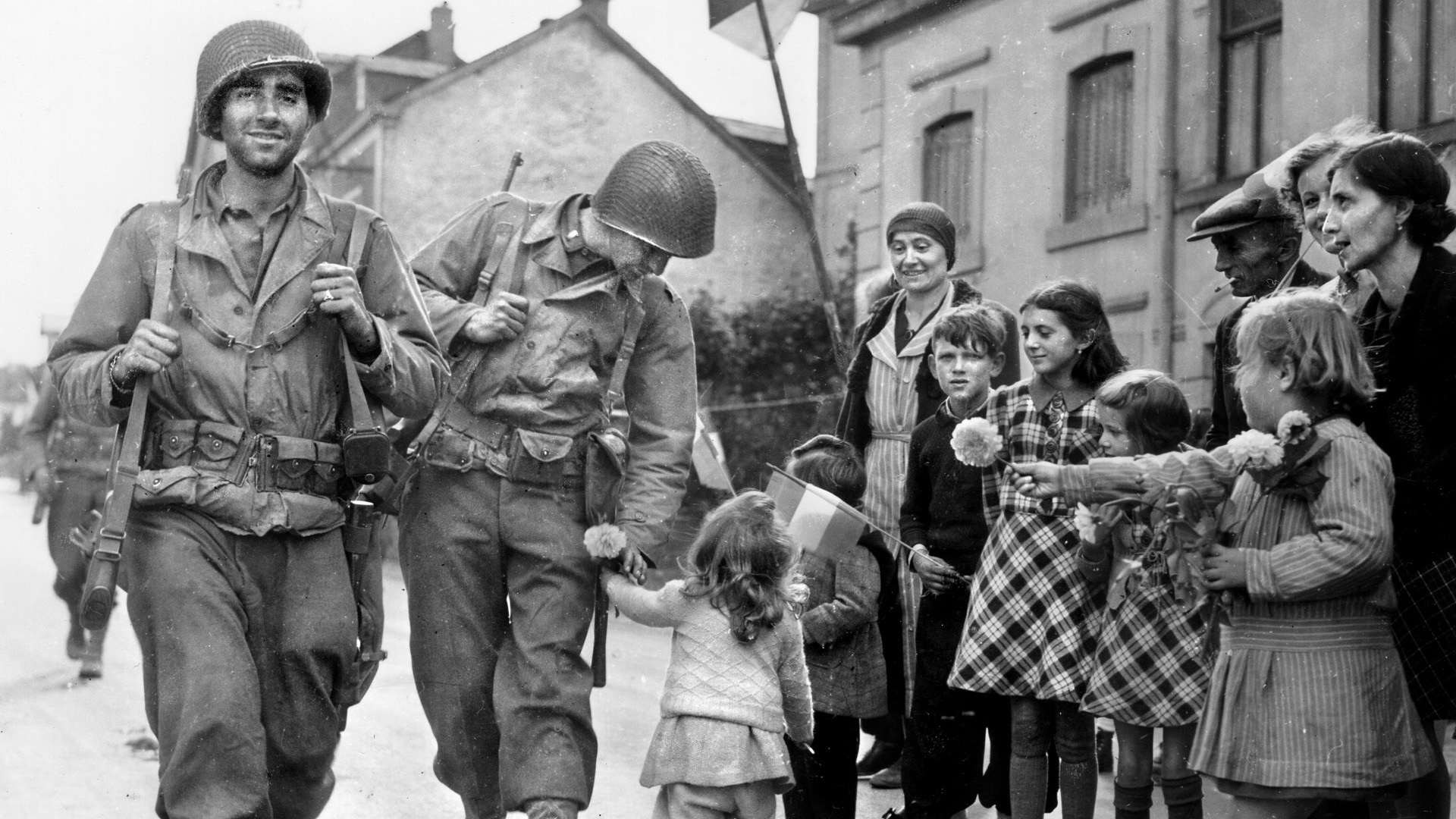

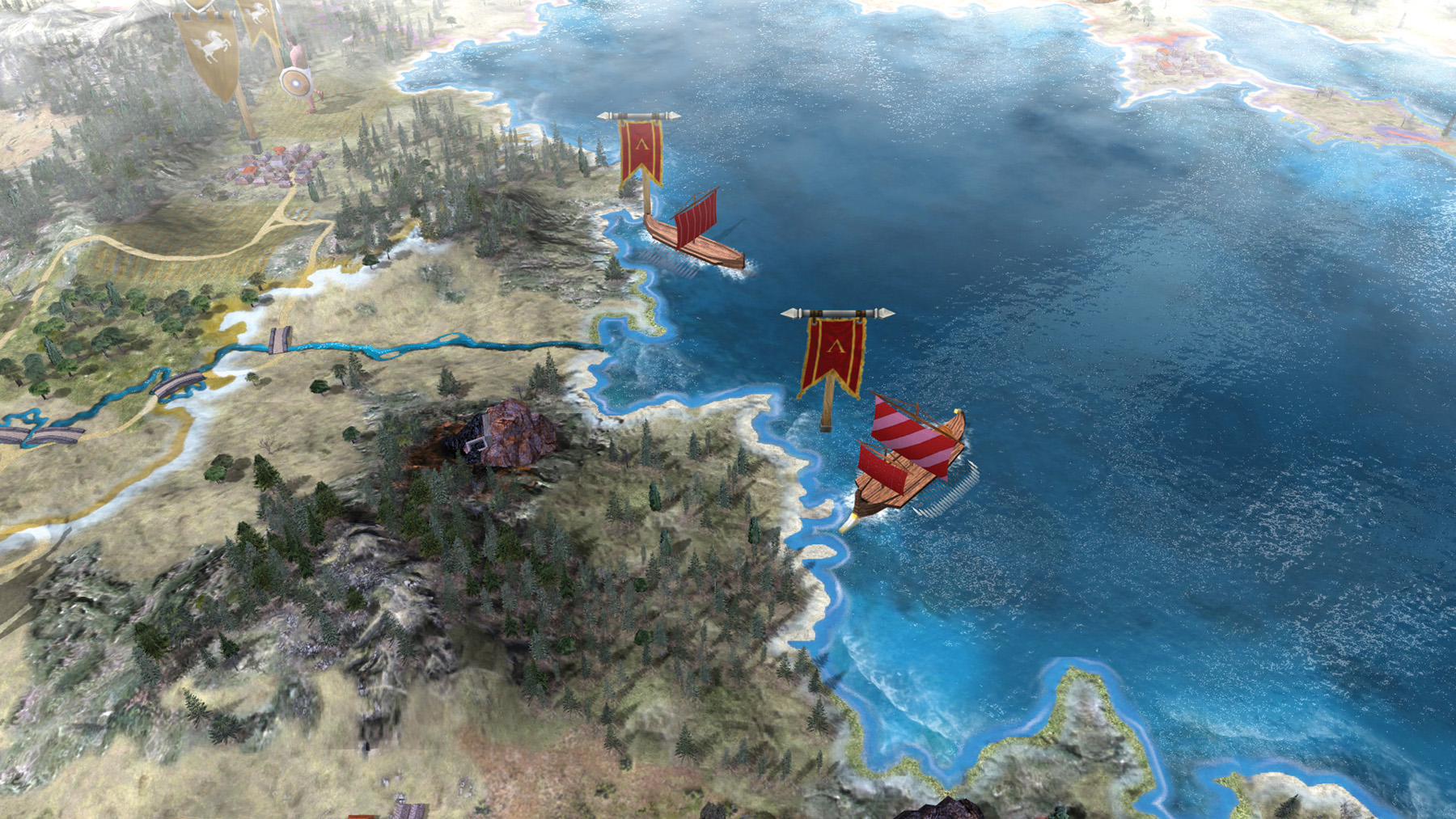
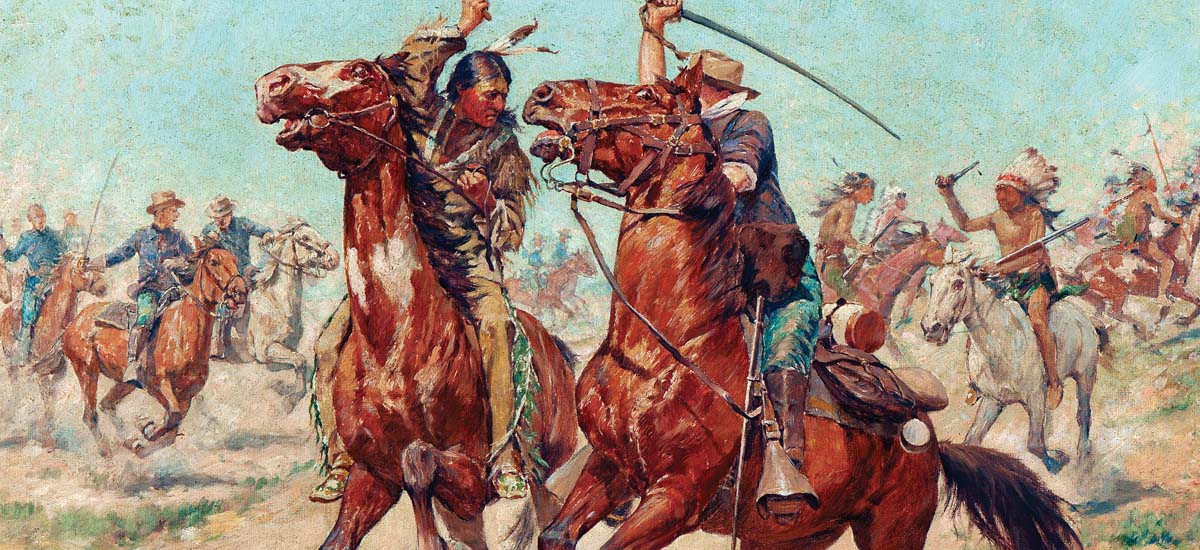
Join The Conversation
Comments